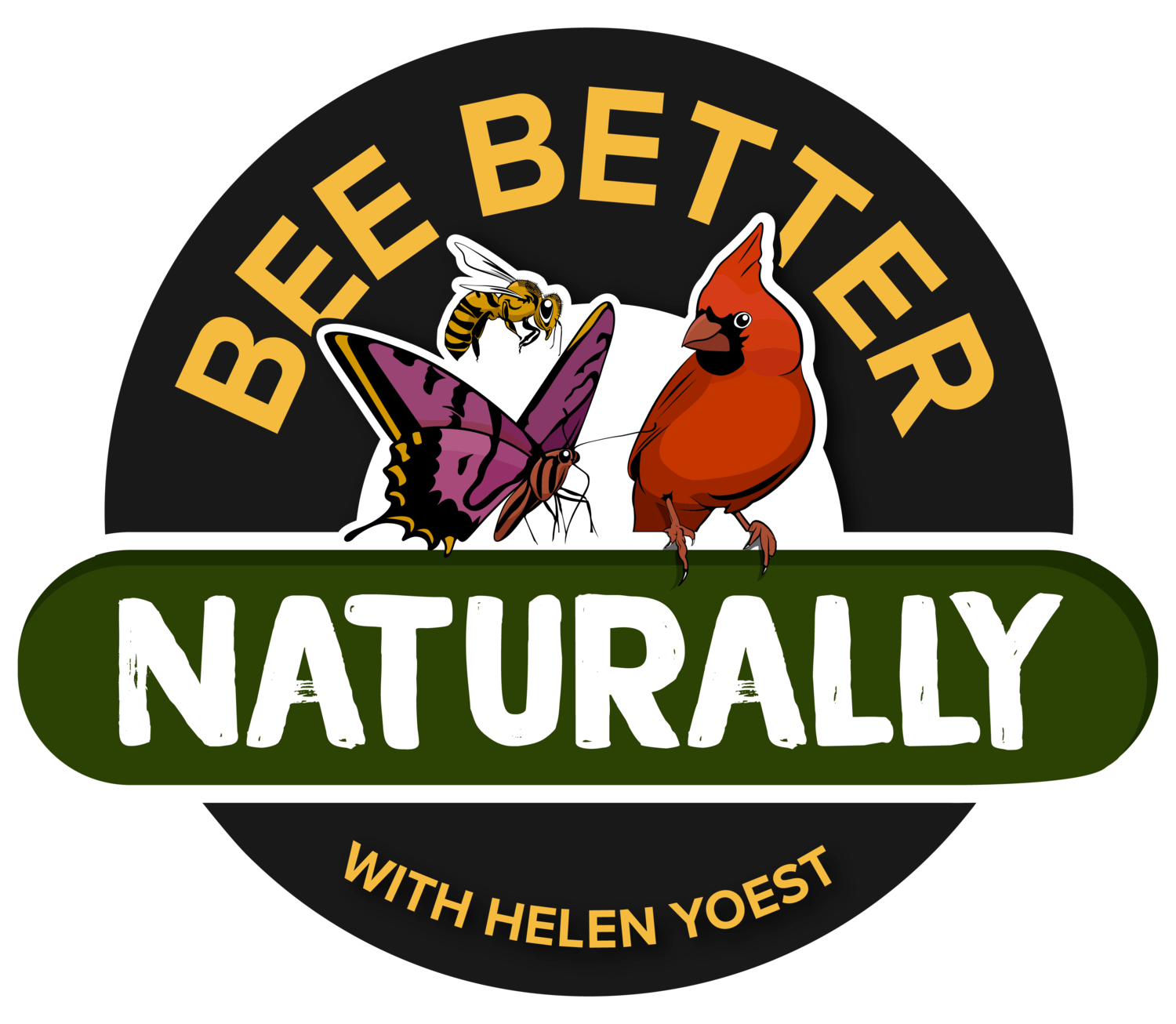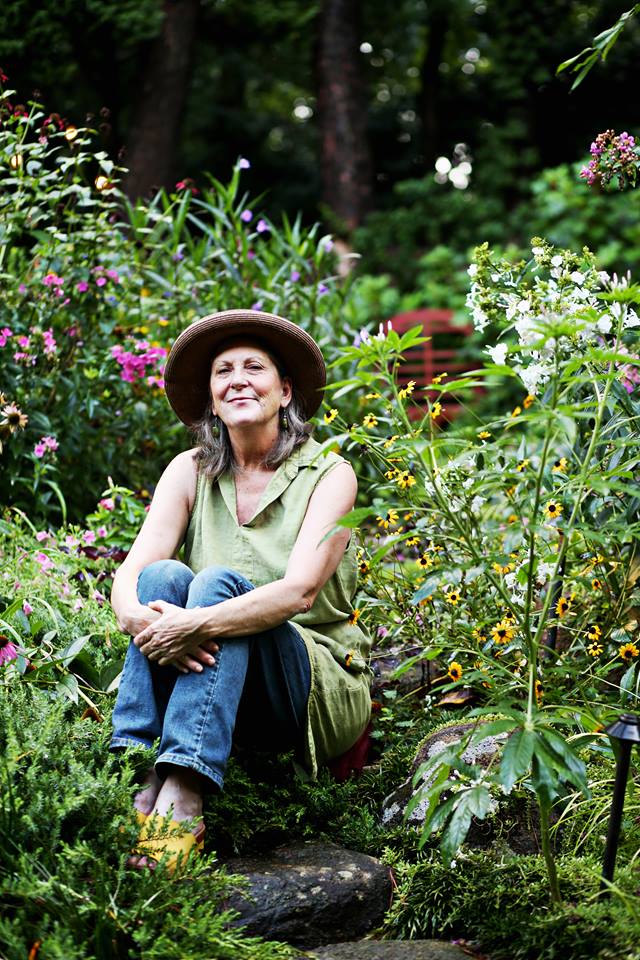Meet Helen YoesT
Helen has spent a lifetime caring for the environment through gardening and now works with others to Bee Better!
Hey, it’s me, Helen Yoest! As an East Coaster, I’m passionate about our unique gardening environment and the challenges it brings, as well as the wondrous wildlife around us!
For starters, I like to test gardeners' knowledge by asking, "Do you know your average rainfall?" Often, the answer is met with a blank stare. I get it. But knowing something this simple is the beginning of understanding the environment you live in!
Like other areas around the country, we are either in a drought or a deluge! Wouldn’t it be nice if Raleigh’s 44 inches of rainfall tickled our Earth by 0.84615285 inches a week?
Oh, I forgot to mention I have both graduate and undergraduate degrees in environmental science and engineering! But I promise this is the only math you’ll see from me. I’ll take it from here! Do you know we need an inch of rain each week in the ideal east coast garden? Well, as you know, 25% of that can occur in September during hurricane season or none in July! We can teach you how to manage this!
Just Who am I?
You may know me best as a garden writer. I've published four books, contributed to even more titles, and produced hundreds of gardening stories for Southern Living magazine, Better Homes and Gardens, Country Gardens, and many others. But my passion is how we can better the Earth, one garden at a time!
From Engineering to Re-engineering the Garden!
I’m often asked, how did you take an impressive air pollution career as an expert around the world to helping others care for their home environment? That’s an easy answer; I was a gardener first! Of course, there are other sustainable practices to help better the environment and save you time and money than just knowing area rain events. We at Bee Better Naturally with Helen Yoest work with you to help save the environment on the land you call home.
To bee better, it's all about the plants!
We are plant-centric. Our gardens are sustainable, and not only from the perspective of water-wise design; even our plant selection is sustainable. To fully sustain the life cycle of our area wildlife, we have to provide what our birds, bees, and butterflies need for their entire lifecycle.
For example, we can't have a butterfly garden if we all have pretty nectar-rich plants for adults to feed. These are nice visits, don’t get me wrong. While these flowers are nice and necessary, we also emphasize the specific butterfly host plants, so we have more than just visitors. We have residents! Plants are needed to sustain their entire life cycle fully. What’s more, we teach you how to accept the “damage” that will be done to those host plants, and that’s a good thing!
To paraphrase Doug Tallamy, author of Bringing Nature Home, insects aren't doing their job if there are no holes in the leaves!
And in every example of our sustainable teachings, we cannot emphasize enough the importance of being pesticide-free, even using organic pesticides. Bee Better Naturally with Helen Yoest has a better way.

